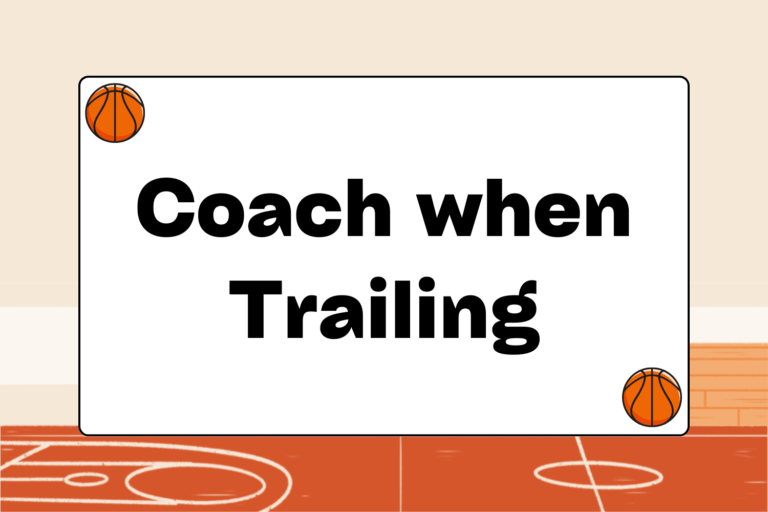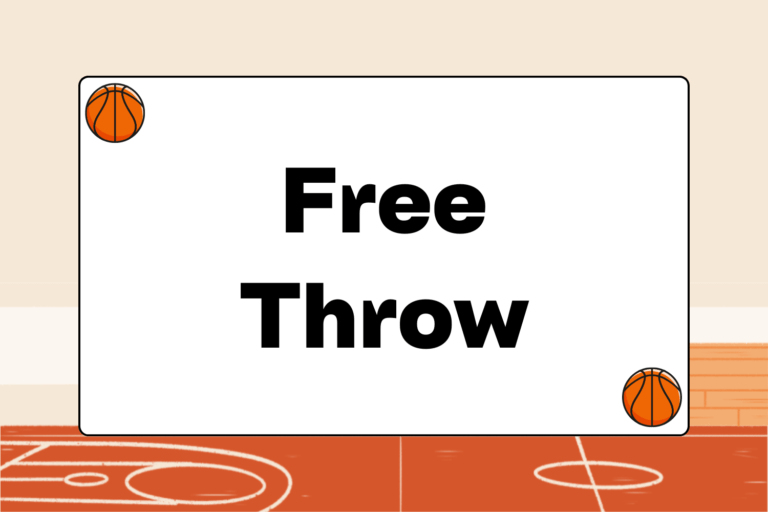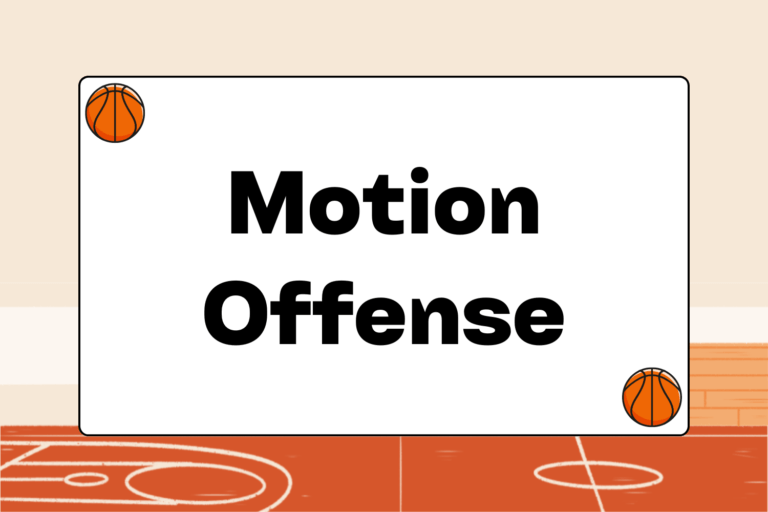Training hard is only half the battle in basketball. Similar to how you take a systematic approach towards your training, you must be equally as thoughtful about what you eat and drink. Athletes are taking their diets more seriously than ever, and it’s not a coincidence that the best competitors also have a solid diet plan. Simply put: If you want to be competitive, you must get with the program. The dietary program, that is. This guide details all the basics of what to eat and what to avoid for basketball players.
Facts about Proteins
Proteins are an important nutrient for athletes, as they aid recovery and encourage the growth of muscle and body tissue. When you work out, your muscle fibers break down. Consuming a healthy amount of protein will help to repair your muscles and grow them stronger. This is why proteins should compose roughly 25 to 30 percent of your daily intake.
Also, it takes more time to burn proteins than carbohydrates, so consuming them will help you maintain energy throughout the day. You should be eating at least a little bit of protein with most of your meals. Heavier proteins such as meat and dairy may take your body longer to break down, so try to consume these in the morning or immediately following a workout to ensure your body is processing them efficiently.
Good sources of protein:
- Lean poultry (chicken and turkey breast)
- Low-fat dairy (milk, cottage cheese, yogurt, etc.)
- Fish
- Lean beef (top sirloin, top round, etc.)
- Shellfish
- Legumes (soybeans, peas, beans, etc.)
- Eggs
Supplements
The only “supplement” you really need is a multivitamin. Nutritional supplements such as creatine and whey protein have become common among today’s athletes. Although such products aren’t the worst thing you can consume, the reality is they aren’t necessary if you have the correct diet. You should aim to get all of the necessary nutrients you need through the food you eat. A daily multivitamin will reinforce your healthy diet, helping you to “fill in the gaps.”
Facts About Carbohydrates
Carbohydrates are by far the most significant nutrient for athletes. Carbs have a major influence on your energy level, in both the short and long term. As such, carbs should be eaten with every meal. They should compose roughly 50 to 60 percent of your total daily intake. Also, most carbohydrates are typically high in fiber, which helps to regulate your digestion and metabolism.
Carbohydrates are your fuel, and without the right amount you will not be able to work out or compete at optimum performance. The key point here is to understand how carbohydrates work so you can better balance them into your diet.
Simple vs. Complex Carbs
Simple carbohydrates are also known as “simple sugars.” These contain sugar in its simplest form, and are broken down and absorbed by the body faster than complex carbohydrates.
Simple carbohydrates are most beneficial when consumed right before or immediately following a workout or competition. Fueling up on simple carbs (such as sweet fruits or veggies) right before you exercise will give you a boost of energy. Consuming them immediately following exercise will help your body recover faster, and stabilize your energy level.
Simple carbohydrates have a dark side, though. Sure, fruits and vegetables are healthy sources of simple carbs. But table sugar, artificial sweeteners, soda, candy, and other sweet treats contain huge amounts of simple carbohydrates. These foods have more sugar than you need, and thus make it easy to overload yourself. This is what leads to fat production.
Fruits and vegetables will fulfill your simple carbohydrate needs. The following lists contain foods you should absolutely be eating.
Vegetables:
- Leafy greens (lettuce, spinach, cabbage, etc.)
- Cruciferous vegetables (kale, broccoli, cauliflower, etc.)
- Onions
- Peppers (bell peppers especially)
Fruits:
- Apples
- Avocados
- Tomatoes
- Bananas
- Citrus
- Berries
Complex carbohydrates, also known as starches, are the best long-term source of energy for a basketball player. Complex carbohydrates don’t burn as quickly as simple carbohydrates do, and will help to maintain your energy level through longer workouts. This is why complex carbs are most beneficial if consumed earlier in the day. Experiment with the quantity and frequency with which you eat them, your goal being to reach a healthy and consistent energy level.
- Whole wheat bread and pasta
- Wheat-free bread
- Rice
- Tortillas
- Beans
- Quinoa
- Cereal grains (oats, bran, rye, etc.)
- Potatoes
Facts About Fats
Fats are probably the most misunderstood source of energy by the general public. Many people think of fats as a something unnecessary that should be cut out of an athlete’s diet completely. This is false! Sure, in high amounts, fat can be very harmful. However, fat is essentially a concentrated form of energy that is imperative to maintaining your health and energy levels. This is why fats should compose roughly 20 to 25 percent of your total daily intake. Also, try to consume them in the morning to help stabilize your energy level throughout the day.
There are a few basic rules you want to follow when choosing food items to fulfill your daily fat needs. Stay away from saturated fats, trans fats, and hydrogenated fats. These types of fats typically aren’t the healthiest, but are okay in moderation. Eat foods that contain monounsaturated and polyunsaturated fats most often.
Good sources of fat:
- Nuts
- Seeds
- Fish and fish oil
- Peanut butter
- Olives and extra virgin olive oil
- Avocados
Hydration
Properly hydrating yourself is critical to your performance in basketball, but more importantly, is absolutely necessary to stay healthy and feel good. Without water your body functions far less effectively, hindering your metabolism (how your body breaks down food and distributes energy) and temperature regulation.
You should aim to drink at least 80 ounces of water a day, or about 16 to 20 ounces for every pound lost. The more you sweat, the more water you should drink. The best way to gauge your level of hydration is by the color of your urine. Darker, or “cloudy” urine typically suggests you don’t have enough water in your body. Try to keep your urine as close to clear as possible.
Water vs. Sports Drinks
Sports drinks aren’t necessary, but in small amounts (roughly 8 to 12 ounces a day) they won’t hurt. If you do decide to go for a sports drink, dilute it so it’s about half water and half sports drink. This will lessen the unnecessary amount of sugar, salt, and other chemicals that you take in, but it will still taste good.
Fruits and vegetables are also great sources of water. Working these into your diet will do wonders for your hydration level:
- Grapes
- Watermelon
- Apples
- Celery
- Lettuce
You Are What You Eat
You should now have a better idea of what you need to consume in order to compete better and feel good while doing it. Along with the information in this guide, there are a few other things you must understand about nutrition.
First, try to eat a wide variety of foods to ensure you’re getting all the essential vitamins, minerals, and other nutrients that you need. Eating a variety of food means eating food you like! You shouldn’t have to stay away from treats in order to maintain a healthy diet, just do it in moderation. It’s okay to break the rules once in a while.
Also, understand that everyone’s body is different. People may react to different types of food in different ways. Essentially, this guide contains information to help you form good habits. You must be flexible and willing to experiment in order to get the results that most benefit you as an individual. Know your body, and treat it well!





